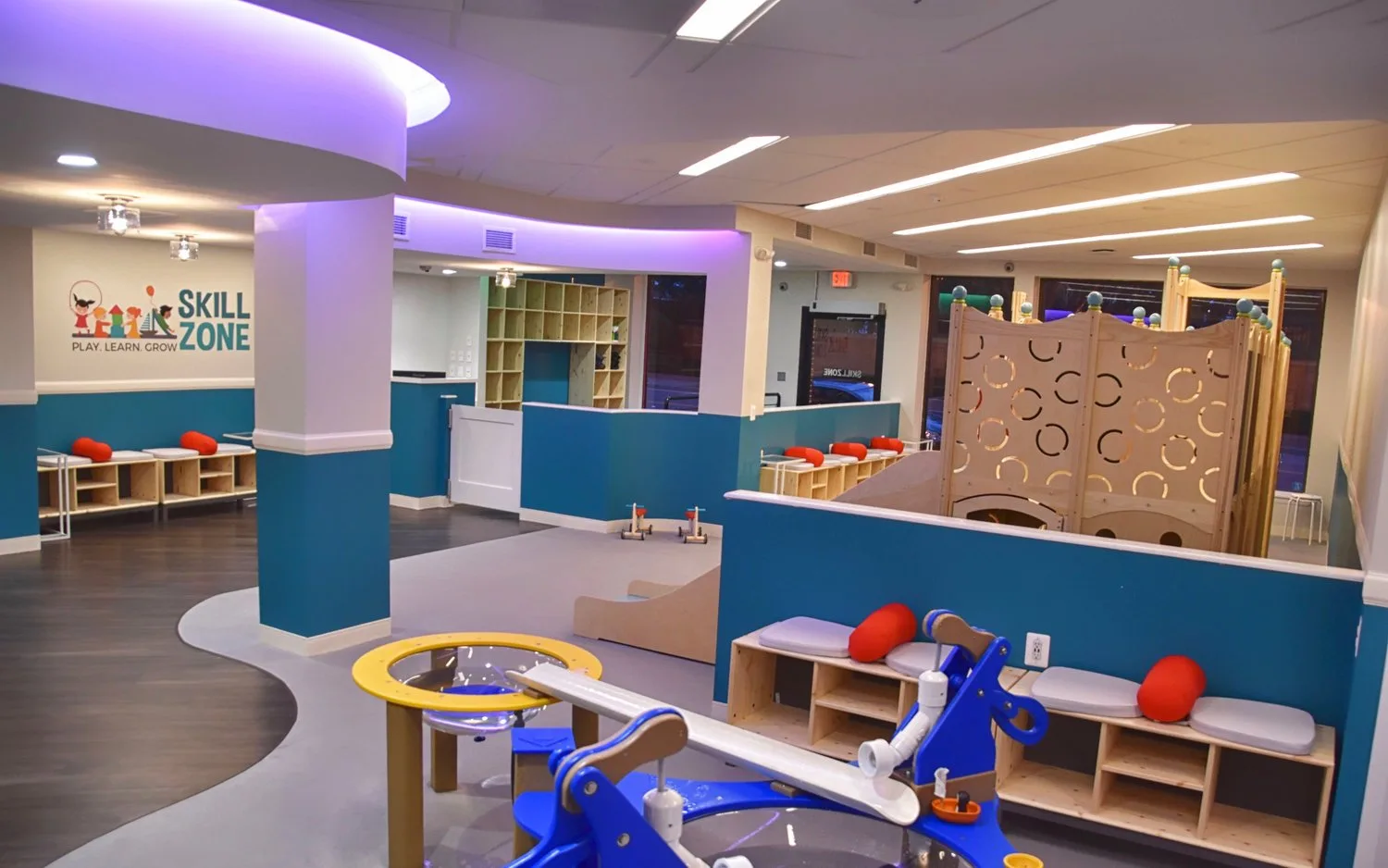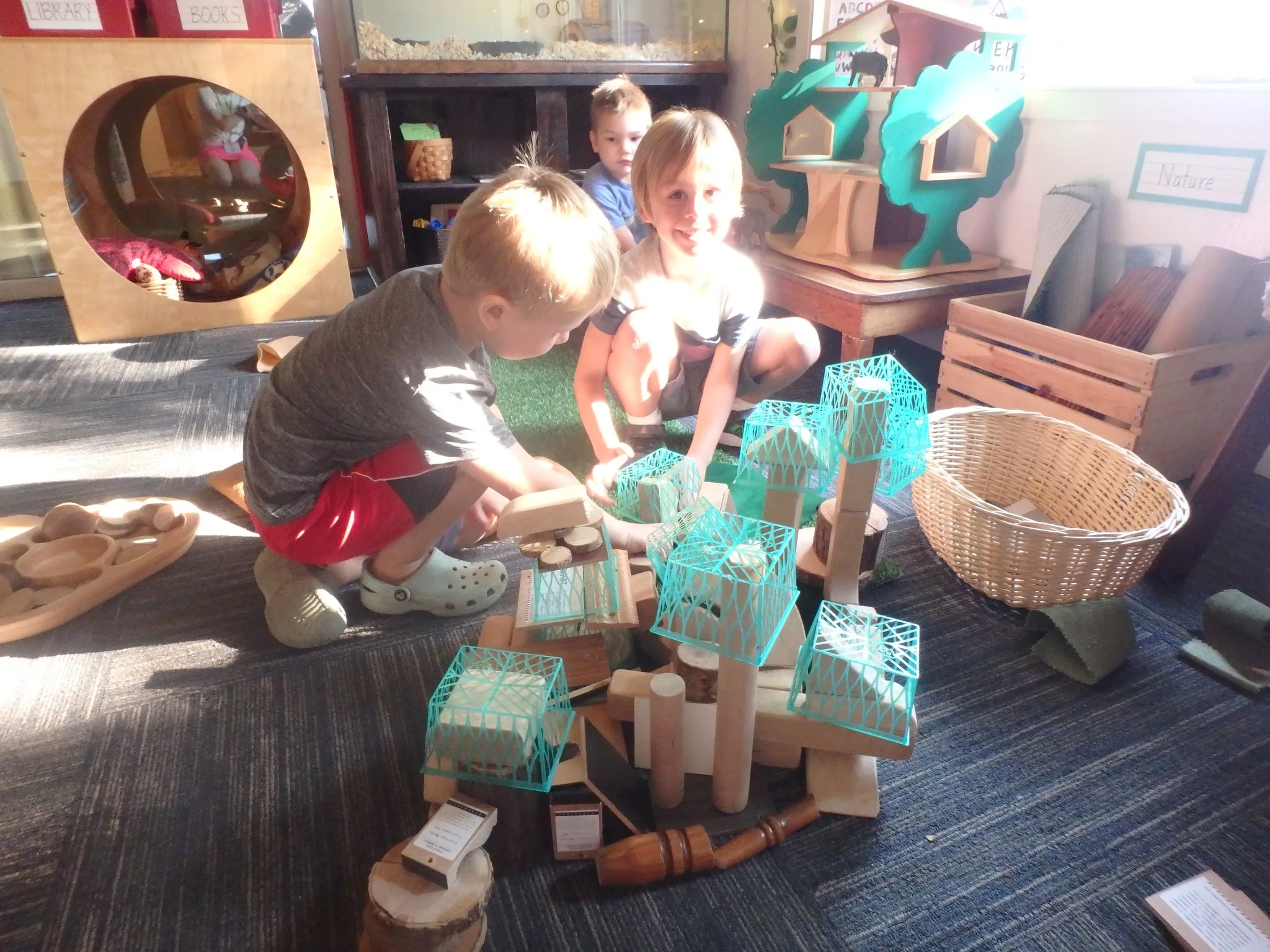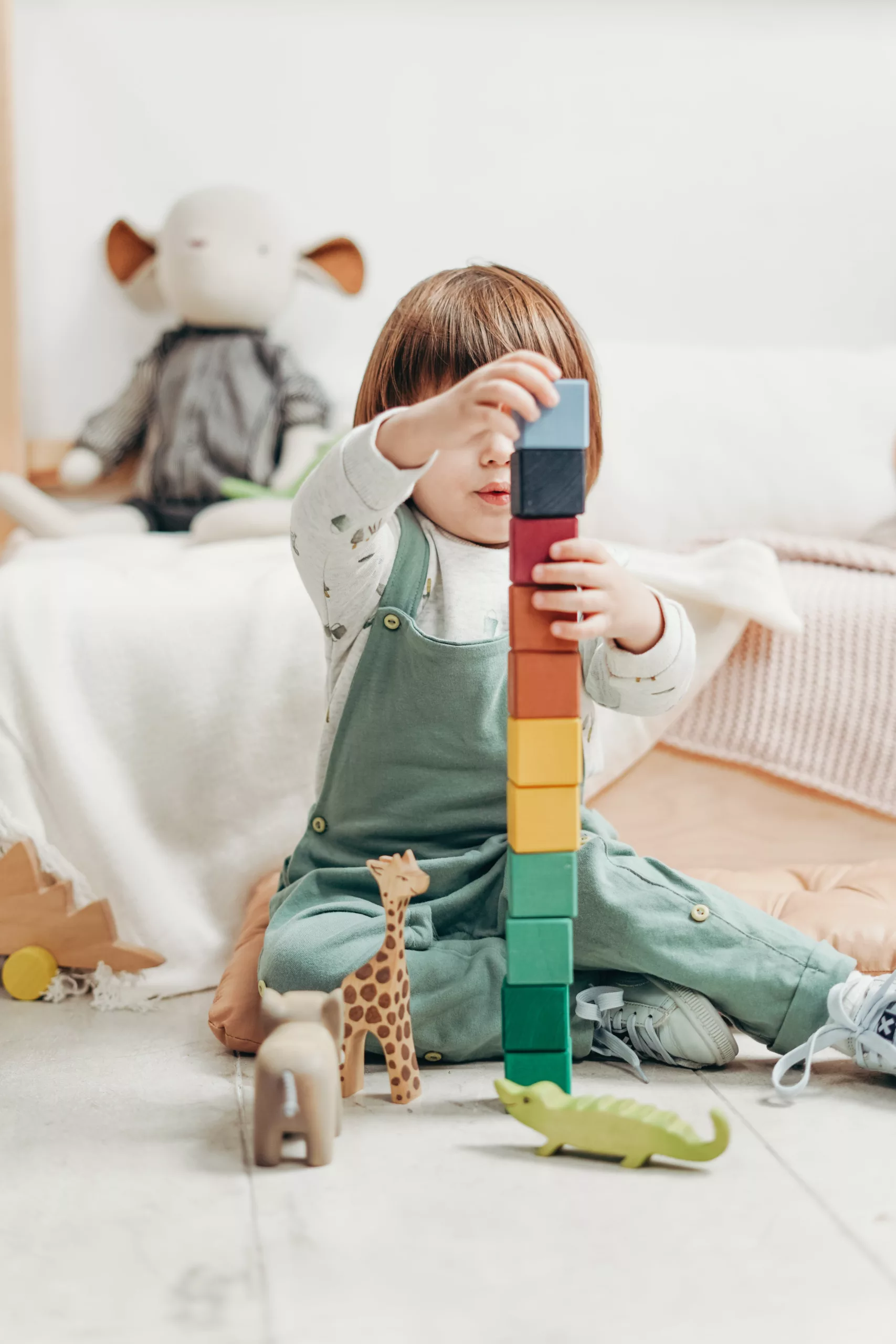Imagine a world where learning is disguised as play and children are eager to dive into their education. In the realm of childcare settings, this fantasy becomes a reality through the implementation of play-based learning. This article will explore the undeniable importance of play-based learning in these environments, highlighting the numerous benefits it offers to young minds. From fostering creativity and problem-solving skills to enhancing social and emotional development, play-based learning proves to be a vital tool in shaping the future generation. So, prepare to embark on a journey that will unveil the magic and significance of play in early childhood education.





Benefits of Play-Based Learning
Play-based learning has numerous benefits for children and is widely recognized as an effective educational approach. Not only does it provide children with a fun and enjoyable way to learn, but it also promotes their cognitive development, enhances their social skills, develops their creativity and imagination, improves their language and communication skills, and fosters their problem-solving and critical thinking skills.Promotes cognitive development
Play-based learning is highly effective in promoting cognitive development in children. Through play, children engage in various activities that require them to think, reason, and problem-solve. Whether it’s building blocks, solving puzzles, or participating in pretend play, these activities stimulate their brain and help them develop important cognitive skills such as memory, attention, and logical reasoning.Enhances social skills
Engaging in play-based learning provides children with ample opportunities to interact and socialize with their peers. This interaction helps them develop essential social skills such as cooperation, sharing, turn-taking, and conflict resolution. By playing together and collaborating on tasks, children learn to work as a team and understand the importance of communication and compromise.Develops creativity and imagination
Play-based learning allows children to tap into their creativity and imagination. Whether it’s building a fort, dressing up, or creating a story, imaginative play fuels their imagination and encourages them to think outside the box. This type of play fosters divergent thinking, as children come up with unique ideas and solutions to problems. It also nurtures their ability to express themselves creatively, further enhancing their overall development.Improves language and communication skills
Engaging in play-based learning provides children with a rich language environment where they can develop and improve their language and communication skills. Through play, children engage in conversations, listen to and follow instructions, and express themselves through words, gestures, and body language. This exposure to language helps them expand their vocabulary, improve their listening and speaking skills, and develop important skills such as storytelling and narrative abilities.Develops problem-solving and critical thinking skills
Play-based learning is an excellent way to foster problem-solving and critical-thinking skills in children. As children engage in open-ended play, they are presented with various challenges and problems that require them to think critically and come up with solutions. They learn to analyze situations, make decisions, and adapt their strategies accordingly. This type of play empowers children to become independent thinkers and problem-solvers, skills that are crucial for their future success.Supporting Physical Development
In addition to its cognitive and social benefits, play-based learning also plays a significant role in supporting children’s physical development. It helps improve their gross motor skills, enhances their fine motor skills, and promotes physical fitness and overall health.Improves gross motor skills
Play-based learning provides children with opportunities to engage in physical activities that require the use of large muscle groups, thus improving their gross motor skills. Whether it’s running, jumping, climbing, or playing sports, these activities help children develop strength, coordination, balance, and spatial awareness.Enhances fine motor skills
Play-based learning also supports the development of fine motor skills, which involve the use of smaller muscle groups, such as those in the hands and fingers. Activities such as drawing, painting, cutting, and playing with small objects help children strengthen their hand-eye coordination, dexterity, and control, which are essential skills for tasks such as writing, tying shoelaces, and using utensils.Promotes physical fitness and health
Engaging in play-based learning promotes physical fitness and contributes to overall health and well-being. By encouraging children to be active and engage in physical play, they develop healthier habits and reduce the risk of sedentary behavior. Regular physical activity helps strengthen their muscles and bones, improves cardiovascular health, and boosts their immune system. Furthermore, physical activity is known to reduce the risk of obesity and related health issues.
Stimulating Emotional Development
One of the key advantages of play-based learning is its ability to stimulate emotional development in children. Through play, children have the opportunity to explore and express their emotions, develop emotional regulation skills, and cultivate empathy and compassion.Supports emotional regulation
Play provides a safe space for children to experience and navigate through a wide range of emotions. Whether it’s acting out roles, engaging in imaginative play, or simply playing with toys, children learn to identify, understand, and regulate their emotions. This process helps them develop emotional resilience and self-control, which are vital skills for managing emotions throughout their lives.Encourages self-expression
Play-based learning allows children to express themselves freely and creatively. Whether it’s through art, music, or dramatic play, children can communicate their thoughts, ideas, and emotions in a non-verbal manner. This ability to express themselves helps children build confidence, develop self-awareness, and learn to voice their opinions and feelings.Develops empathy and compassion
Engaging in play-based learning promotes the development of empathy and compassion in children. Through imaginative play and role-playing, children have the opportunity to step into the shoes of others and understand different perspectives. This experience fosters empathy, as children learn to recognize and respond to the emotions and needs of others. It also cultivates compassion, as children learn to be sensitive and caring towards others.Fostering Social Skills
Play-based learning is a powerful tool for fostering social skills in children. It promotes teamwork, enhances conflict resolution skills, and encourages sharing and taking turns.Promotes teamwork and cooperation
Play-based learning creates an environment where children learn the importance of teamwork and cooperation. Whether it’s building together, participating in group games, or engaging in pretend play, children develop an understanding of collaborative work. They learn to communicate, listen to others’ ideas, and work towards a common goal, all of which are essential skills for success in any social setting.Enhances conflict resolution skills
Engaging in play-based learning exposes children to various social situations, including conflicts and disagreements. These instances provide them with opportunities to practice and develop conflict-resolution skills. They learn to negotiate, compromise, and find solutions that are fair to all parties involved. By navigating through conflicts during play, children become better equipped to handle conflicts in real-life situations.Encourages sharing and taking turns
Sharing and taking turns are fundamental social skills that children need to learn for successful interactions with others. Play-based learning provides children with ample opportunities to practice sharing and taking turns in a natural and enjoyable way. Whether it’s sharing toys, waiting for their turn in a game, or participating in cooperative play, children learn to be patient, considerate, and respectful towards others.
Enhancing Language and Communication Skills
Play-based learning greatly enhances children’s language and communication skills. It expands their vocabulary, improves their listening and speaking skills, and encourages storytelling and narrative skills.Expands vocabulary
Engaging in play-based learning exposes children to a wide range of words and concepts. Whether it’s through conversations with peers, interaction with toys, or participation in structured play activities, children develop their vocabulary organically. They learn new words, understand their meanings, and apply them in different contexts, expanding their overall language skills.Improves listening and speaking skills
Play-based learning provides ample opportunities for children to practice their listening and speaking skills. Whether it’s following instructions, engaging in conversations with peers, or participating in group discussions, children develop crucial listening and speaking skills. They learn to pay attention, comprehend information, respond appropriately, and express their thoughts and ideas effectively.Encourages storytelling and narrative skills
Engaging in play-based learning encourages children to develop their storytelling and narrative skills. Whether it’s retelling a favorite story, creating their own stories, or narrating their actions during play, children engage in language-rich activities. These activities help children structure their thoughts, use appropriate grammar and sentence structure, and develop storytelling techniques such as sequencing, character development, and plot building.Cultivating Creativity and Imagination
Play-based learning cultivates children’s creativity and imagination, allowing them to explore and experiment, engage in imaginative play, and develop divergent thinking and problem-solving skills.Encourages exploration and experimentation
Through play-based learning, children are encouraged to explore and experiment with their environment and materials. Whether it’s building with blocks, creating artwork, or conducting science experiments, children engage in open-ended activities that stimulate their curiosity and promote creativity. This freedom to explore and experiment nurtures their sense of wonder, encourages them to ask questions, and fuels their desire to learn.Fosters imaginative play and role-playing
Imaginative play and role-playing are key components of play-based learning. By engaging in pretend play, children have the opportunity to use their imagination, create imaginary scenarios, and take on different roles. Whether it’s playing house, pretending to be a superhero, or imagining themselves in different professions, children develop their creativity, empathy, and problem-solving skills. Imaginative play also allows children to explore and make sense of the world around them, further enhancing their overall development.Supports divergent thinking and problem-solving
Play-based learning nurtures children’s ability to think divergently, meaning they can come up with multiple ideas and solutions to a problem. Open-ended play activities such as building with blocks, creating art, or engaging in pretend play allow children to think creatively and approach problems from various angles. This type of play fosters their problem-solving skills, as they learn to think critically, consider different perspectives, and develop innovative solutions.


